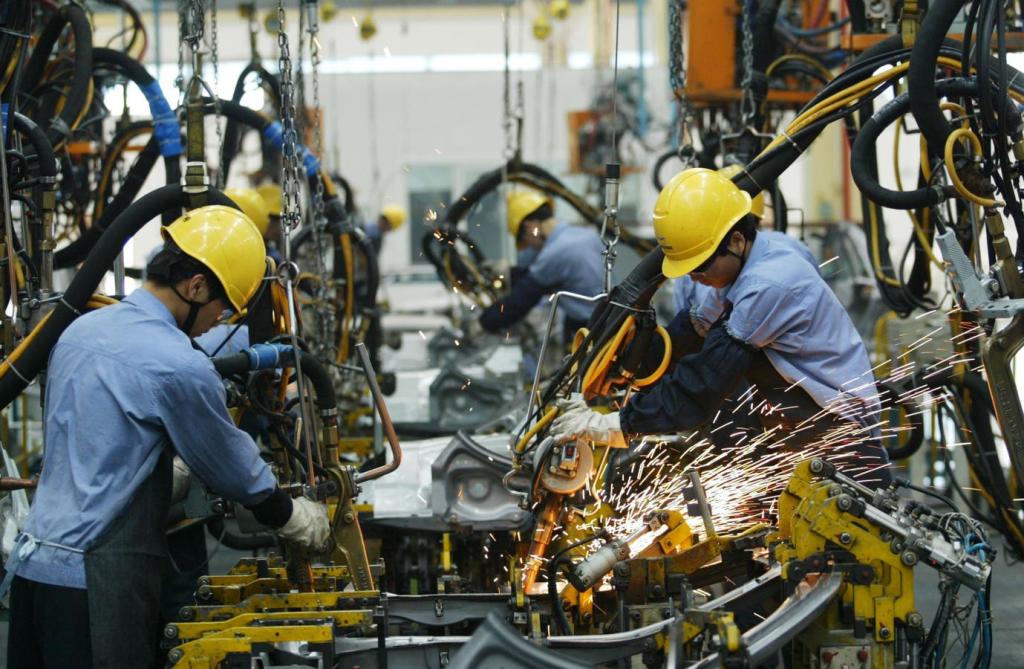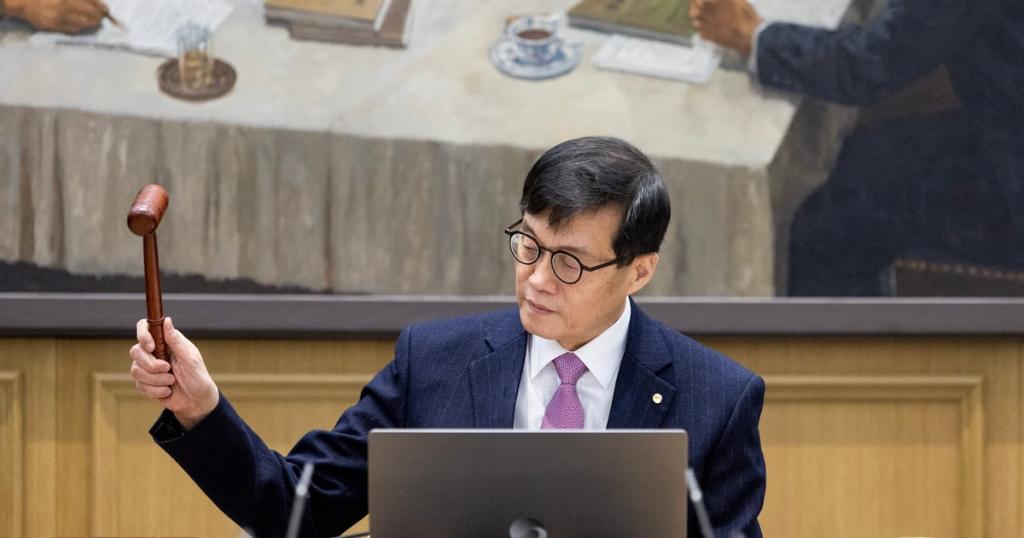Navigating Financial Turmoil After Trump's Election Victory
Discover how Trump's election victory influences global markets and learn strategies to navigate financial uncertainty and currency fluctuations effectively.
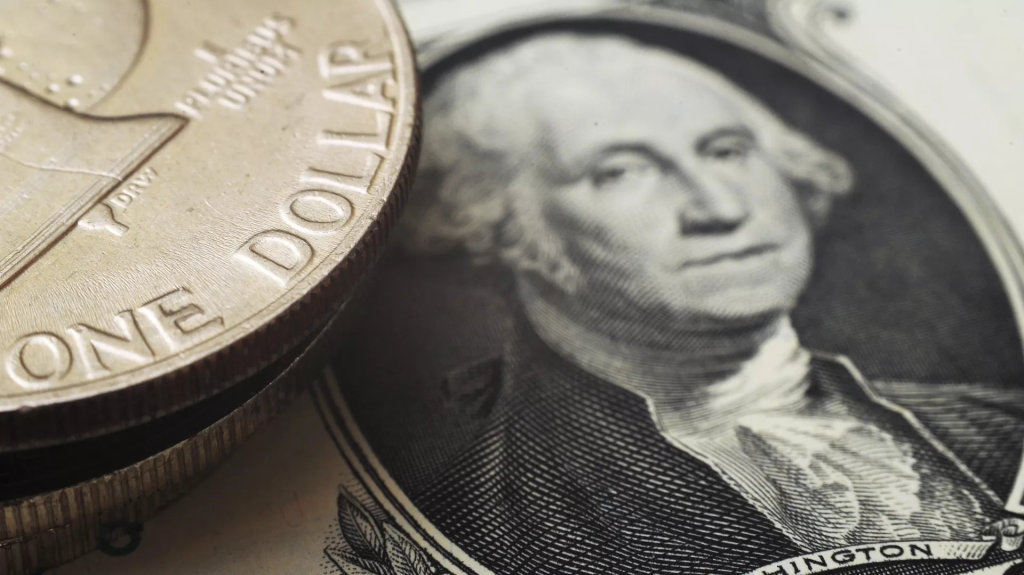
Key Points
- Trump's election victory leads to a significant appreciation of the U.S. dollar, impacting global currencies and investor sentiment.
- Emerging markets face volatility due to anticipated protectionist policies and inflationary pressures stemming from U.S. monetary decisions.
- Diversification and awareness of economic indicators are essential strategies for investors to navigate the challenges posed by political shifts.
The recent political landscape has witnessed significant shifts, notably the re-election of
, which has had immediate effects on global financial markets. As investors seek stability and strategies to navigate these turbulent times, understanding the mechanisms of currency fluctuations and market sentiments becomes crucial. In this blog post, we will explore how political changes, particularly in the United States, influence financial dynamics across the globe and what strategies investors can employ to adapt.
The Dollar's Resurgence
After Trump’s election victory, the U.S. dollar experienced a substantial appreciation against a basket of currencies, reflecting renewed investor confidence in the American economy's potential under his administration. Many analysts noted the dollar's strength—rising approximately 1.8% against major currencies such as the euro and the Japanese yen. This upward movement mimics trends observed during previous political transitions where investors anticipated favorable economic policies.
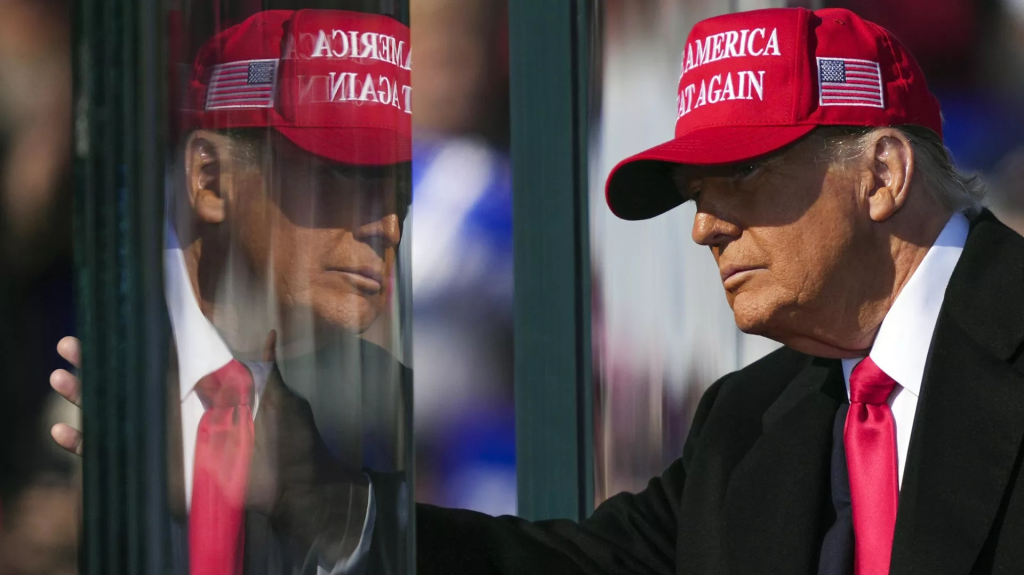
Market Reactions in Latin America
Across Latin American markets, reactions to the election result varied significantly. The Mexican peso, for instance, initially dropped over 2.5% after the news broke, reaching levels not seen since August 2022. However, it rebounded as market participants recalibrated their expectations regarding future
policies and their impact on Mexico's economic landscape. Local inflation reports showed a tempered inflation rate relative to fears of monetary tightening, fostering some optimism.
In Brazil, the response was equally dynamic, with the real experiencing volatility before rebounding by over 1% following government announcements intended to stabilize fiscal conditions. According to financial experts, this volatile behavior underscores how closely linked emerging market currencies are to U.S. political developments.
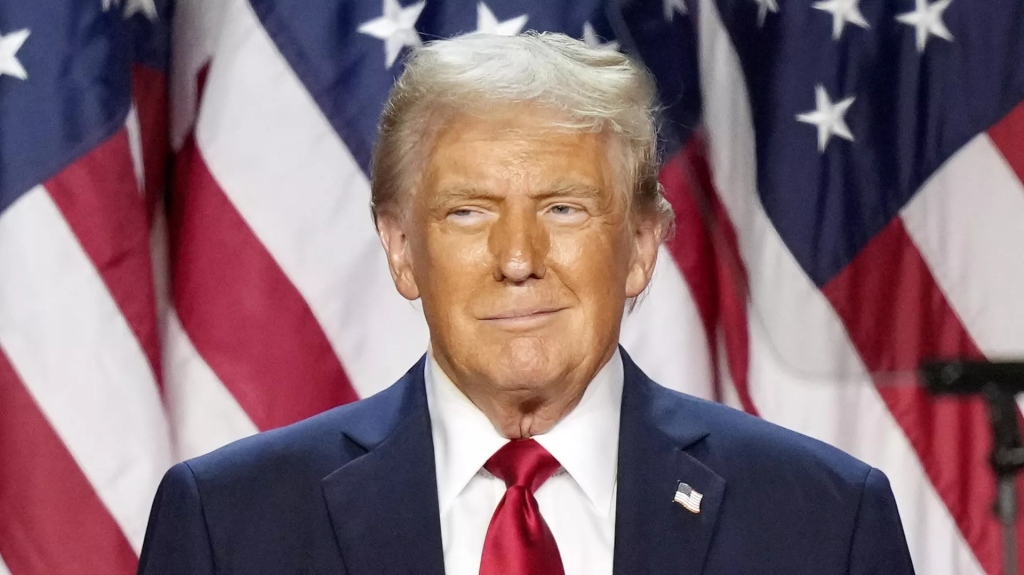
The Impact of Protectionist Policies
As Trump’s administration is expected to promote protectionist policies, including increased tariffs, potential outcomes for the global economy could be significant. Economic protectionism often leads to heightened inflationary pressures in the U.S. and influences interest rate hikes as the Federal Reserve responds to economic changes. Consequently, emerging markets like Brazil may face increased inflation and subsequent increases in local interest rates to combat price surges.
Furthermore, investors are eager to see how Trump's administration will navigate international trade relations. The anticipation around this uncertainty may lead to erratic market behaviors as global investors vie for stability amidst potential trade conflicts.

Investment Strategies for Uncertain Times
In light of these developments, investors must be proactive and adaptive. Diversification remains a key strategy to mitigate risks. By spreading investments across different asset classes—such as bonds, stocks, real estate, and commodities—investors can safeguard against the volatility stemming from political shifts. Moreover, maintaining a keen awareness of economic indicators, such as inflation and employment rates, will better position investors to anticipate market movements.
Additionally, keeping abreast of central bank policies and geopolitical news can inform decision-making processes, allowing investors to react swiftly to new information. Knowledge of local markets, especially emerging ones like those in Latin America, is indispensable as it empowers investors to make informed choices in the face of uncertainty.
The landscape of global finance is intricately tied to political events, and the re-election of Donald Trump is a pivotal moment that warrants close observation. Changes in U.S. policy directly affect global markets, presenting challenges and opportunities for investors worldwide. By employing adaptive strategies and remaining informed, individuals and institutions can better navigate these financial storms and work toward favorable outcomes in their investments.

